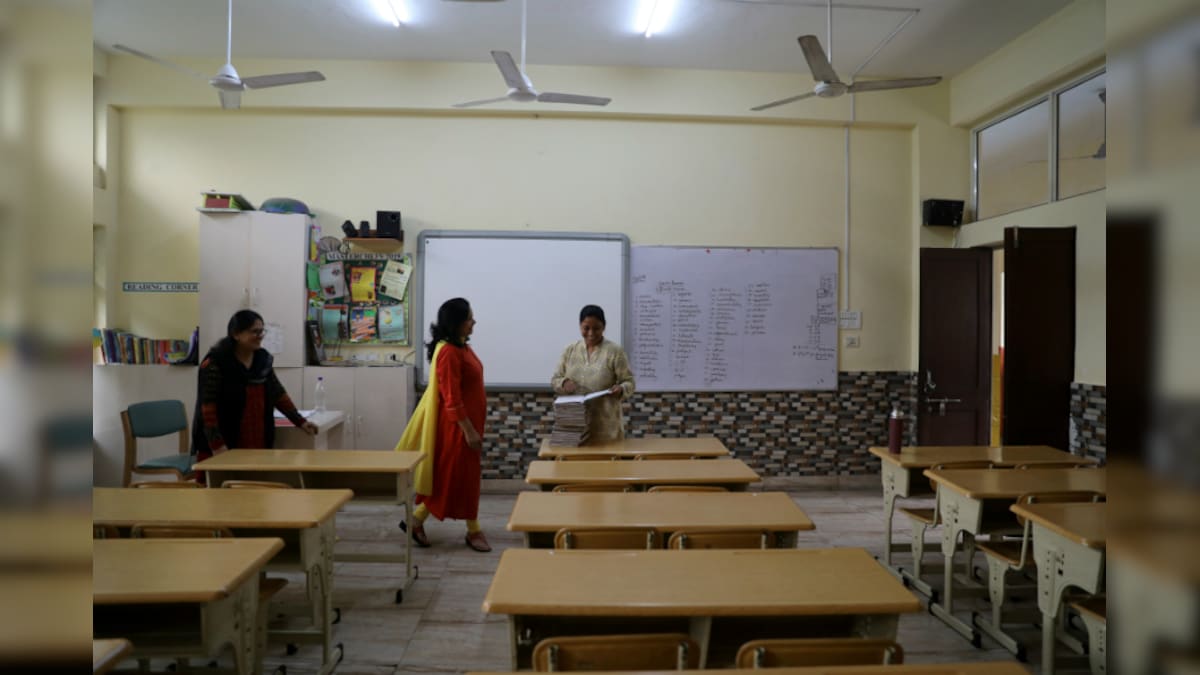There has been a paradigm shift within the status of teachers in post-1990s India. With the emergence of the latest economic order, education institutions, structures and teachers’ image have seen some major changes.
The provisions under RTE Act 2009 had stated several norms so as to universalize education making quality education accessible to all or any children of the people of 6-14 years.
But providing adequate and basic infrastructural facilities, introducing subject-wise teachers and ensuring Pupil-Teacher Ratio ( 1:30 in Primary and 1:35 in Upper Primary level) are the important provisions under the RTE Act 2009.

However, after 10 years of implementation of the Act, the academic scenario presents a really gloomy picture with approximately 10.1 lakh vacancies the teachers. additionally to the vacant posts of the teachers, 13.1% of teachers are working with the government schools on a contractual basis.
Teachers’ availability for the scholars is a component of the basic right to education and is equally important for quality education and student retention. in situ of demanding recruitment of teachers, few agencies and individuals advocate for low-cost private schools.
In keeping with writing written by Jain and Dholakia 2009, the sole remaining alternative is Public-Private Partnership (PPP) during which low-cost providers of faculty education who pay much lower salaries cover a major part of school education. A sizable amount of underqualified and underpaid teachers is used by low fee private schools that go past small and huge enterprises.

Teacher training institutes all over the country still remain in an exceedingly dismal shape.18.5% of permanent teachers and over 30% of temporary teachers haven’t obtained the professional qualifications required under RTE. Looking at the statistics,90% of the aspirants fail to qualify for the Central Teacher Eligibility Test.
As far the Absenteeism is concerned, it is touching 40% in the poorest states are an indication of the sorry state of affairs. The appointment of teachers on a contractual basis with indefinite and low salaries has become a national phenomenon.

It’s a grave concern to determine the dearth of any substantial efforts on the part of the state to make an adequate network for the teachers together with a baby-friendly learning environment. The gap in the relationship between teachers, parents, and the bigger community is seen extensively across the country.

